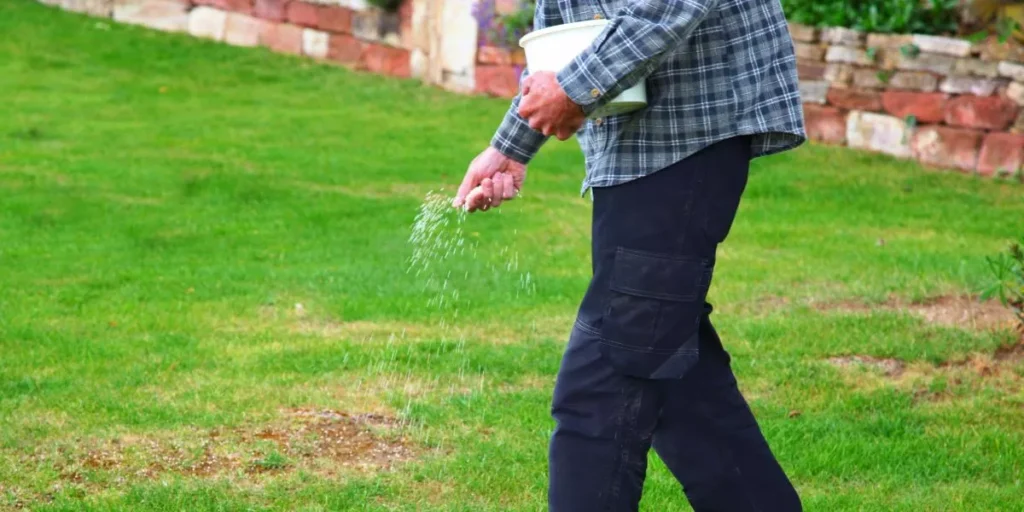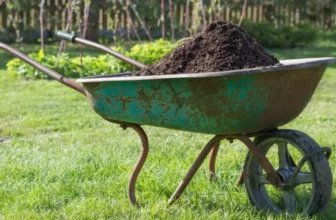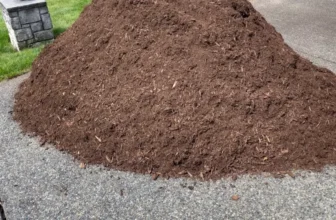
When it comes to summer lawn care, you want to ensure your yard stays lush and healthy throughout the season. Proper maintenance is key to achieving that goal. From watering techniques to mowing practices, fertilization tips, and weed control strategies, there are several factors to consider. By mastering these essential elements of lawn care, you can set the stage for a vibrant and resilient lawn. So, let’s start with the basics and explore how you can elevate your summer lawn care routine to the next level.
Proper Watering Techniques
To maintain a healthy lawn during the summer, ensure you water deeply and infrequently to promote deep root growth. Deep watering encourages the roots to grow downwards, making your lawn more resilient to drought and heat stress. It’s recommended to water your lawn early in the morning to minimize water loss due to evaporation. Watering deeply also helps in preventing shallow root development, which can make the grass more susceptible to damage during dry spells.
When watering your lawn, make sure to provide enough water to penetrate at least 6 inches into the soil. This will encourage the roots to reach deeper for moisture, creating a stronger and more drought-tolerant lawn. Additionally, consider using a rain gauge to track how much water your lawn is receiving from rainfall to adjust your watering schedule accordingly.
Effective Mowing Practices
For a well-maintained lawn during the summer, focus on employing effective mowing practices. Start by ensuring your lawnmower blades are sharp to prevent tearing the grass, which can lead to browning and disease. Aim to mow your lawn when the grass is dry to achieve a cleaner cut and prevent clumping.
Adjust your mowing height based on the type of grass you have; cool-season grasses like fescue should be kept around 2.5 to 4 inches tall, while warm-season grasses like Bermuda thrive when kept shorter at around 1 to 2 inches. Remember the one-third rule – never cut more than one-third of the grass blade length at a time to avoid stressing the grass.
Additionally, vary your mowing pattern each time you mow to prevent soil compaction and encourage upright growth. By following these effective mowing practices, you can promote a healthier and more vibrant lawn throughout the summer months.
Essential Fertilization Tips
Maintaining a lush lawn during the summer involves not just effective mowing practices but also ensuring proper fertilization for healthy growth and vibrant greenery. When it comes to fertilizing your lawn, timing is crucial. Aim to fertilize in the early summer months to provide the necessary nutrients for your grass to thrive. Choose a high-quality fertilizer with a balanced mix of nitrogen, phosphorus, and potassium to promote strong roots and lush green leaves.
It’s essential to follow the instructions on the fertilizer package carefully to avoid over or under-fertilizing your lawn. Water your lawn thoroughly after applying the fertilizer to help it penetrate the soil and reach the roots effectively. Keep in mind that over-fertilizing can lead to excessive growth, making your lawn more susceptible to diseases and pests.
Regular fertilization throughout the summer months will help your lawn withstand the stress of heat and dry conditions, keeping it healthy and vibrant. By following these essential fertilization tips, you can enjoy a lush and green lawn all summer long.
Weed Control Strategies
Implement effective weed control strategies to keep your lawn free from unwanted intruders and maintain its lush appearance throughout the summer season.
Start by regularly inspecting your lawn for any signs of weeds. Pulling out weeds by hand or using a weeding tool can be an efficient way to tackle small weed problems before they spread.
Another effective strategy is to apply a pre-emergent herbicide early in the season to prevent weed seeds from germinating. For existing weed growth, consider using a post-emergent herbicide targeted to the specific types of weeds in your lawn. Make sure to follow the instructions carefully to avoid damaging your grass.
Additionally, promoting a healthy lawn through proper watering, mowing, and fertilization can help prevent weeds from taking over. Dense and well-fed grass can outcompete weeds for resources, limiting their growth. Remember to adjust your watering schedule to avoid creating conditions that favor weed growth.
Garden














